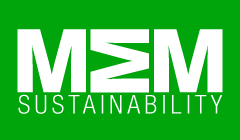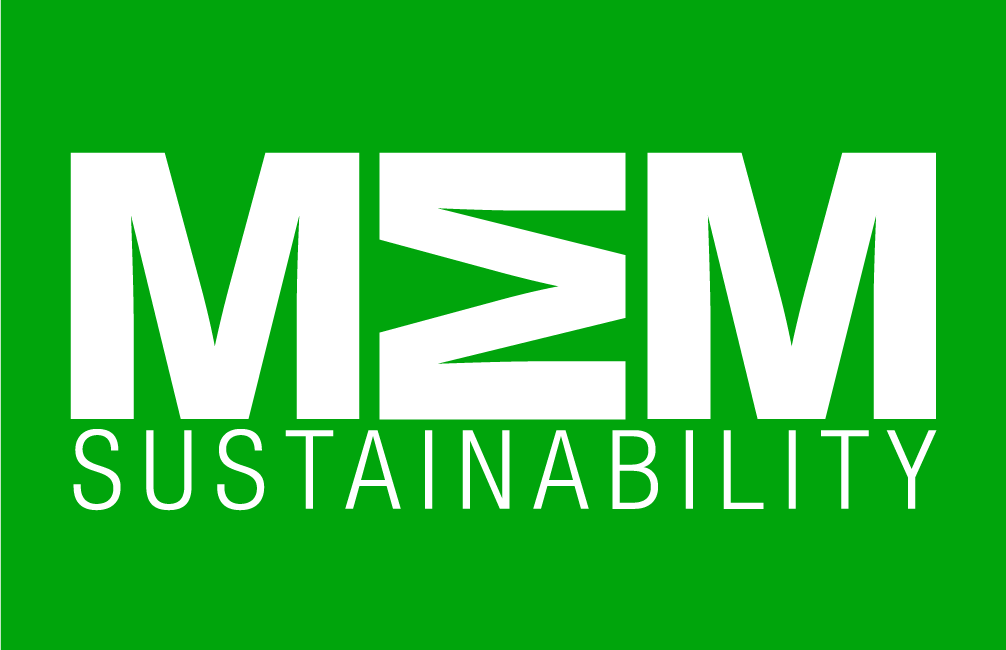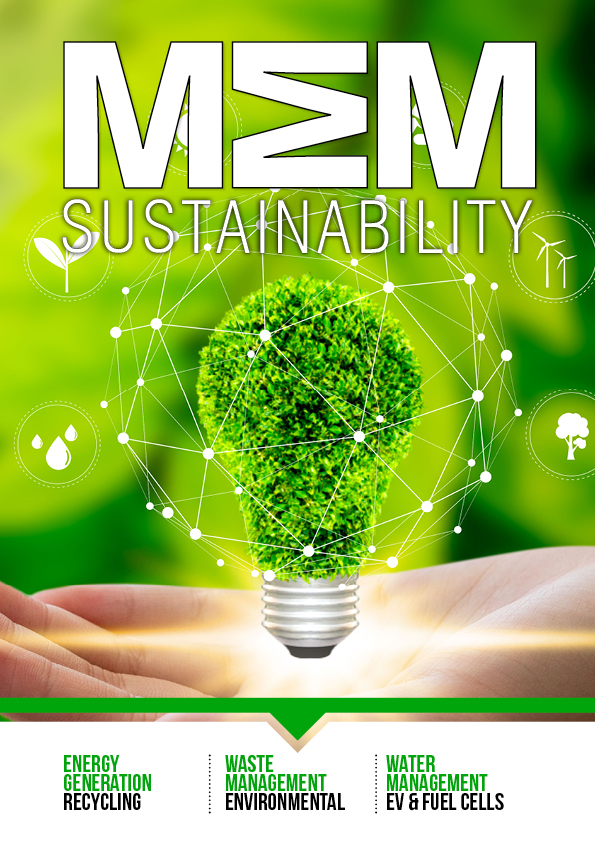Axis Communications, the market leader in network video technology, has released its latest whitepaper that explores the obligation that businesses have to contribute to creating a sustainable future. The paper, A Sustainable future: The drive towards conscious capitalism looks at the measures that must be put in place to ensure the development of products and services which have minimal impact on the environment.
Against the global backdrop of population growth, the strain on limited resources and climate change, there is a growing demand for businesses and governments around the world to deliver significant improvements in the way profits are generated and civil society is managed. The key challenge for businesses in discussions around sustainability is how to balance concerns about the planet with profit; invariably concerns about profitability become the focus of such talks, and sustainability takes a back seat, perceived as a ‘nice to have’ while offering little in the way of a return on investment.
“We live in a time when climate predictability is coming to an end. The WEF itself listed extreme weather and failure of climate change mitigation and adaptation as its top two biggest impacts. These are real challenges that we must respond to. In this whitepaper, we outline some of the steps Axis is taking to improve its performance on this front, and the challenges and opportunities that we face, making our practices clear and assisting others in putting their own strategic plans in place to put sustainability at the heart of their business,” states Atul Rajput, Regional Director, Northern Europe, Axis Communications.
A commitment to improving sustainability is key to building trust for consumers. More and more businesses are realising the importance of engaging with the biggest issue of our time, and that pledging to face environmental challenges head on offers its own return on investment; several luminaries on the topic have pointed out that companies that embrace social responsibility are better corporate performers and have access to better financing than those who do not.
“If we’re serious about mitigating environmental damage as a result of business activity, we need a global response. But regulations around the world vary widely and we are calling for a unified approach to the prohibition of dangerous materials, employment and rights, CO2 reduction mandates and anti-corruption laws. The physical security industry has been a slow starter around issues of the environment and sustainability, and lags behind other sectors such as IT in most key areas. We believe Axis’ efforts gives us a competitive advantage in a market increasingly sensitive to sustainability issues. It’s all about discovering the real value of balancing profits, planet and purpose,” concludes Jens Strinsjö, Segment Lead, Smart Cities, Northern Europe, at Axis Communications.
Axis’ work on the environment and sustainability in general is governed by international agreements and regulations that it has signed or abides by. Axis’ work is based on the ten principles of the UN Global Compact, which it signed in 2007, and a code of conduct which all employees must sign. It has strict standards around the use of hazardous materials, implementation of fair working practices for all, zero tolerance for corruption and is constantly seeking to reduce the carbon footprint of its activities. Oversight is provided at every layer of management. It has created an Environmental Council and a Council for Social Responsibility, as well as a Project Group for Sustainability and a Steering Committee for Sustainability to continue to revise and enforce its policies. Axis’ highlights include:
- The UN Global Compact is a key tool for businesses to play their part in achieving the UN’s Sustainable Development Goals (SDGs). Through this measurement, Axis has established that it is directly contributing towards 14 of the UN’s 17 SDGs.
- Axis was the first company in the physical security sector to begin phasing out PVC from its products, a process which takes time to complete. Axis began restricting its use in 2009 and by 2018, 95% of its cameras and encoders, and 80% of its complete product range were PVC-free.
- Axis began preparing for the introduction of the EU’s Restrictions of Hazardous Substances directive 2015/863 (RoHS 3) in early 2018, using the same processes that were developed for monitoring and eliminating PVC from its products.
- Axis employs a team dedicated to ensuring that its entire supply chain is free from harmful elements. Rather than testing finished products, every component is tracked throughout the production process, enabling Axis to identify potential risks and breaches of its policy early.
The increasing drive for businesses to become more aware and sensitive to sustainability issues, as well as operate in a framework of ‘conscious capitalism’ is not a recent trend. But today, this pressure is nearing its peak: the planet is at a tipping point in terms of climate change and biodiversity loss, and the need for change can no longer be ignored. Axis has shown, through its own commitment to international frameworks such as the UN Global Compact, that it can play its role in helping to achieve the UN’s SDGs and that it provides an example for others to follow. Most of all, the company’s vision for a better future and its desire to pursue ‘conscious capitalism’ is guided by its own company culture that focuses on innovation for a smarter, safer world.
Manufacturing & Engineering Magazine | The Home of Manufacturing Industry News















